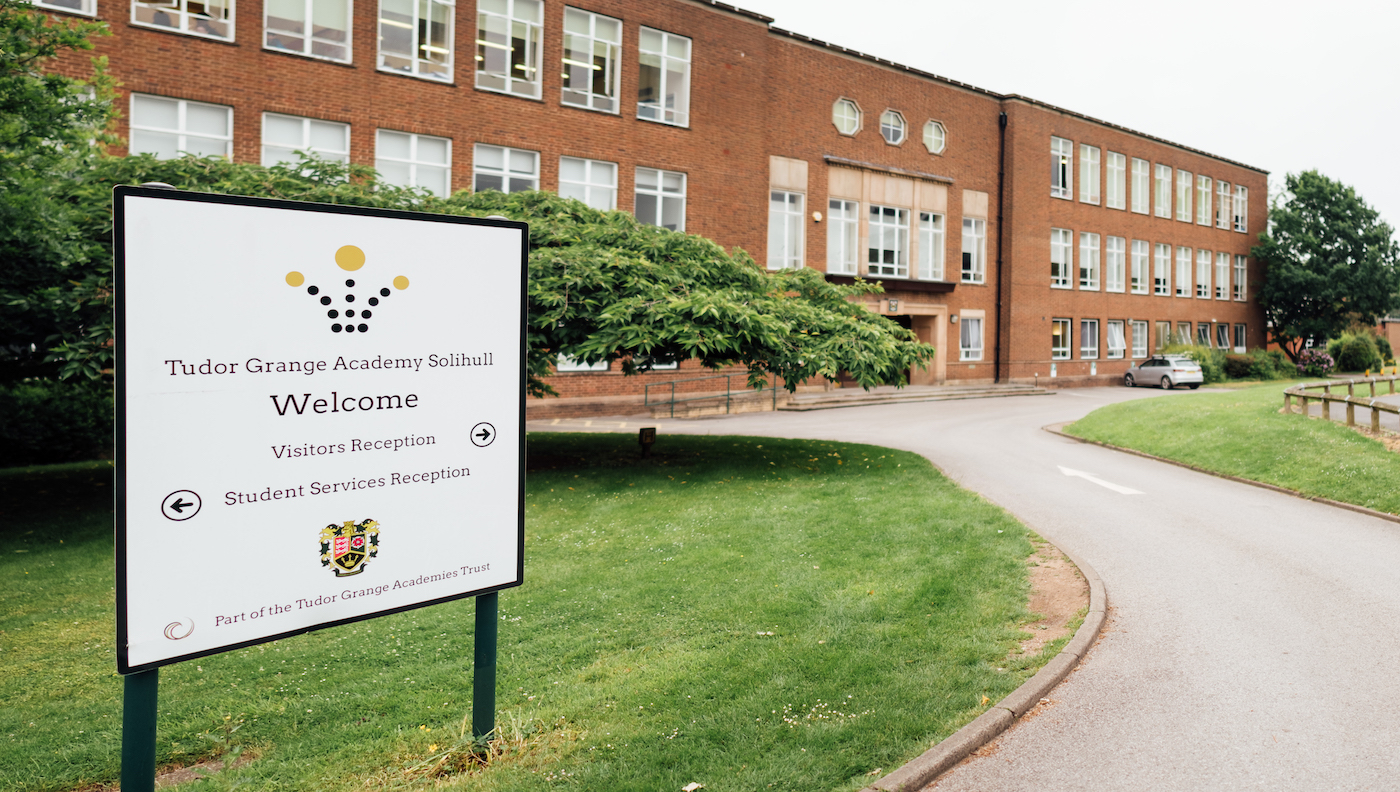Turing


Alan Turing (1912-1954) A British mathematician and computer scientist who made major contributions to the field of computer science, cryptography, and artificial intelligence. He is widely regarded as the father of modern computing and his work laid the foundation for the development of the computer as we know it today.
Turing was born in London, England, and showed an early aptitude for mathematics and science. He earned his PhD from Princeton University and went on to work for the British government during World War II, where he played a crucial role in cracking the German Enigma code. This work was instrumental in shortening the war and saving countless lives.
After the war, Turing continued to make significant contributions to the field of computer science. He proposed the concept of a universal machine, now known as the Turing machine, which is considered the theoretical basis for the design of all modern computers. He also wrote a paper on the theory of computability, which provided a mathematical framework for the study of algorithms and computing.
In addition to his scientific contributions, Turing was also a pioneering advocate for gay rights. He was openly gay at a time when homosexuality was still criminalised in the UK and was convicted of “gross indecency” in 1952. He underwent chemical castration as a condition of probation and died by suicide two years later.
Turing’s life and work have been widely celebrated and his contributions to computer science and cryptography have been recognized by numerous organisations and institutions. He has been honoured with numerous awards and monuments, and his legacy continues to inspire future generations of scientists and mathematicians. Despite the challenges he faced in his personal life, Turing remains an iconic figure and an inspiration to many.